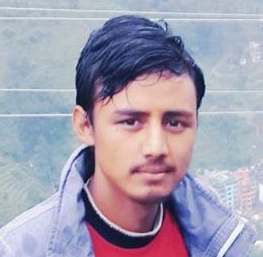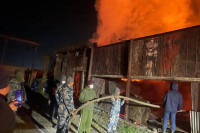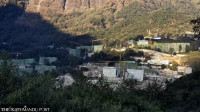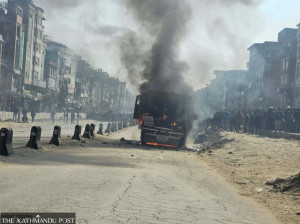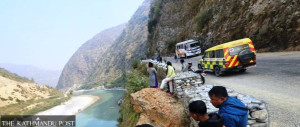Bagmati Province
Tembathan is 110km from Kathmandu but feels like a world apart
The three villages in the Jugal Rural Municipality do not have the most basic infrastructures—not even a phone network.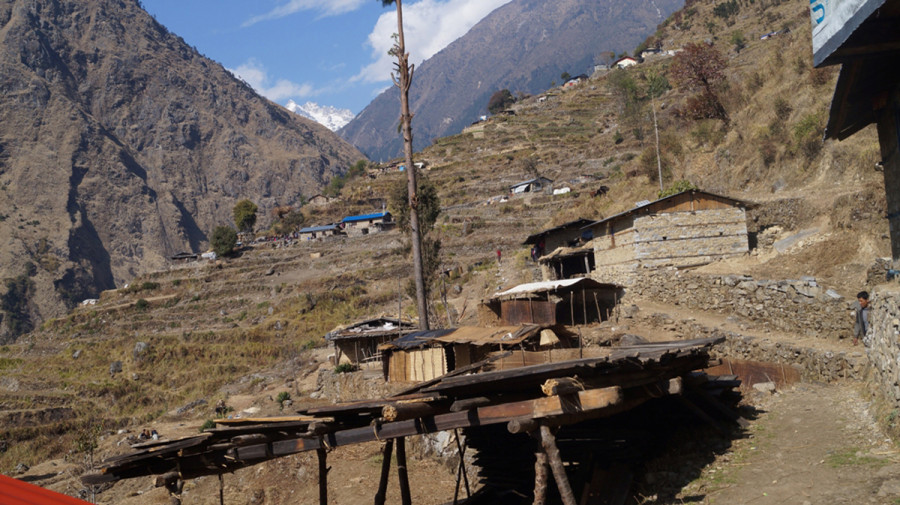
Anish Tiwari
Tembathan in Jugal Rural Municipality, Sindhupalchok, might be just 110km from Kathmandu but it feels a world apart.
“Anybody who visits the village for the first time gets amazed—as if they’ve just landed on a different country,” Saila Sherpa, a local leader, told the Post on a recent visit.
This, however, is not a fact to be cherished for the locals; it’s more a matter of shame, as Tembathan, along with two other villages in the rural municipality, Dipu and Tega, lack basic infrastructure facilities—there’s no electricity, no road connection, drinking water or a health post. It takes nearly a day to travel to these villages from Chautara, the district headquarters. The three villages collectively have 220 households. People depend on helicopters to get treatment during emergencies. The villages are virtually closed off from the outer world. This has prompted many to dub the villages the “Karnali of Sindhupalchok”.
“We don’t even have a working phone network here,” Sherpa said. The villagers have to walk for over two days to receive basic healthcare; many can’t afford to book a helicopter. Yangji Sherpa said her family flew her pregnant daughter-in-law to Kathmandu for delivery, the cost of which the family is still struggling to pay back.
“If we hadn’t booked the helicopter, we wouldn’t have seen the face of my grandson today,” she said.
The state of education looks dire as well. Most of the children in the villages drop out after primary levels.
“If all we do in our life is stay in this village and engage in agriculture, why would we need further education?” said Mingmar Sherpa, 29. He said he was compelled to drop out of school after grade five, as the nearest lower-secondary school is in Gumbathan, a five-hour walk away.
It takes two days’ walk to reach the nearest health post in Pangarpu. Sherpa said that most of the children in the villages are reared up without being immunised.
In Tembathan, the lines between the rich and poor are most apparent during the night: those who can afford have solar panels installed in their house to light bulbs, but the poor people make do with tukis. Even the rich get disappointed during the rainy season when the sun doesn’t show up and the solar energy lacks power.
The people’s representatives the Post talked to said they have plans on the pipeline to develop the local unit. Hem Narayan Shrestha, chief of Jugal Rural Municipality, claimed he is “committed” to connect each ward to the road network. “We will soon be taking the road to the villages,” he said. “The tender process for electricity and road service is ongoing.”
But the locals are not so sure about their representatives’ promises. According to Mingmar, they are still miffed with the tall promises made by provincial assembly member Saresh Nepal, who said he’d work towards a speedy delivery of basic facilities to the villages a year ago.




 23.12°C Kathmandu
23.12°C Kathmandu